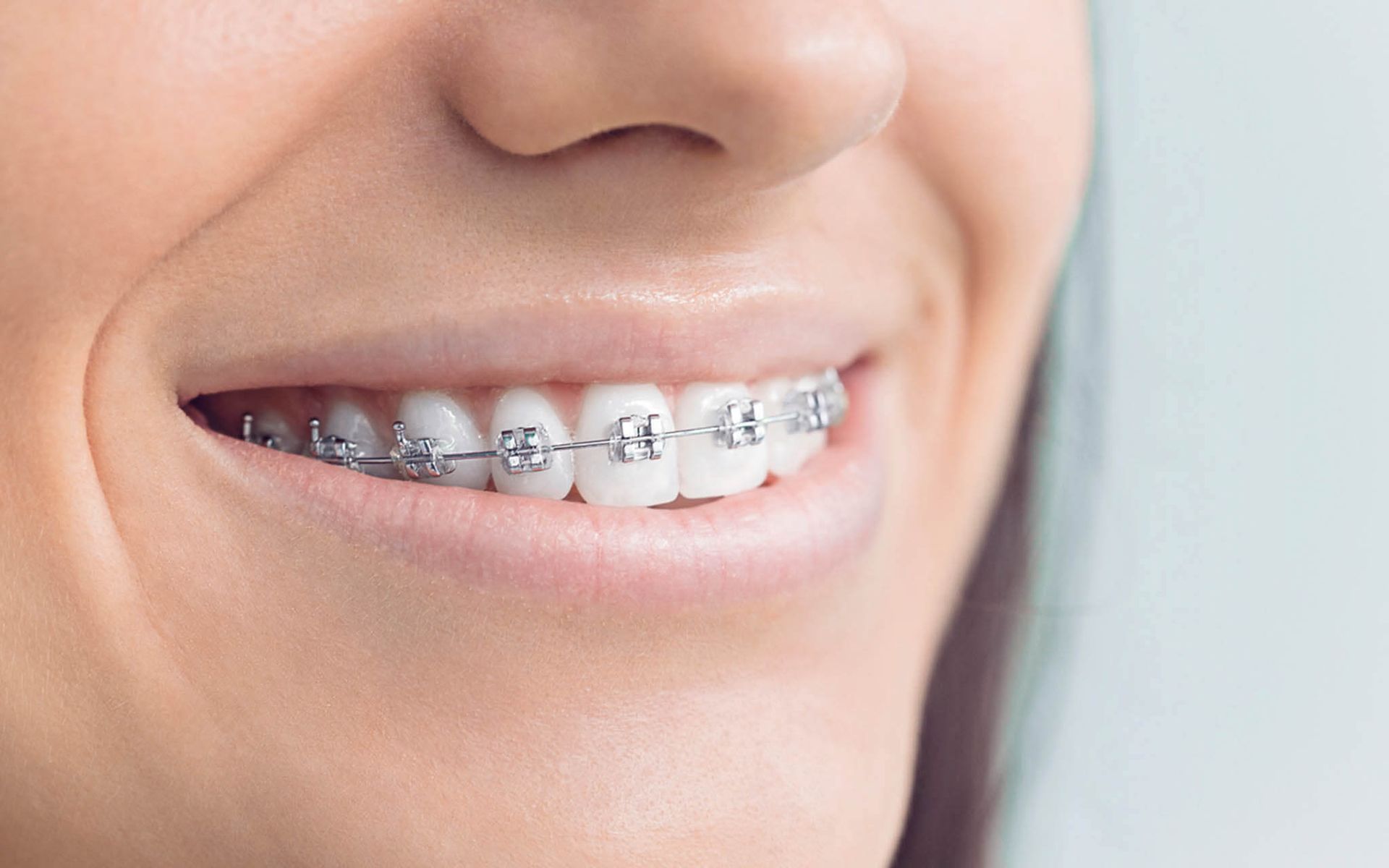Everything you need to know before getting veneers
Veneers are a cosmetic covering that fits over the surfaces of your teeth to cover up imperfections. People get veneers for many reasons, like covering chips, cracks or discolouration in their teeth.
There are various types of veneer, and many things you should know if you’re considering having them put in. It’s important to remember that veneers are a permanent procedure, and you won’t be able to return to your natural teeth.
Composite Veneers
These last about 4 - 8 years, and while they are durable, they are prone to chipping. They are a minimally invasive option, and they can be used to mask minor issues in your teeth with a quick procedure. Fractures in your composite veneers can also be fixed relatively quickly, in one visit. Composite veneers can still stain and become discoloured, however maintaining good oral hygiene can help prevent this.
Porcelain Veneers
Porcelain veneers, on the other hand, will typically last longer because they’re made from a stronger material. They are custom made for your teeth, however, much like composite veneers, you cannot go back to your natural teeth afterwards. Porcelain veneers are the most expensive option, and the application process is more lengthy, but they are expected to
last around 10 - 12 years.
Dental Veneer Alternatives
Alternatives to dental veneers include bondings and crowns. They are recommended for little imperfections in your teeth such as chips and smaller repairs. Cosmetic bonding is not a permanent procedure, and doesn’t affect the enamel on your natural teeth.
The procedure
For porcelain veneers, the process can take up to 3 weeks for the final placement. Temporary veneers are made, alongside a mould of your teeth. Dentists will shave down your teeth, and once your porcelain veneer has been made, your dentist can then cement it in place.
Composite veneers require less time, usually under an hour but sometimes up to a few hours. They are applied by a resin like material and a little bit of your enamel will be shaved down by a dentist.
You should speak to your dentist about your procedure before you go ahead.
Things to consider
● Acknowledging that the process cannot be undone. Once you undergo the procedure, you will not be able to go back to your natural teeth.
● Teeth with veneers can still experience decay and damage, but proper care of your veneers will minimise this
● Because some enamel has been removed, your teeth might be more sensitive to hot and cold foods
● If you’re someone who grinds their teeth, this may damage porcelain veneers
● If pain is something you’re worried about, a majority of patients report no pain from having the procedure done
How can we help?
Here at Acorn Dental clinic, we are happy to give you professional advice or a consultation when you
contact us. We recommend speaking to a dental expert before you decide to proceed with any
dental cosmetic procedures.










